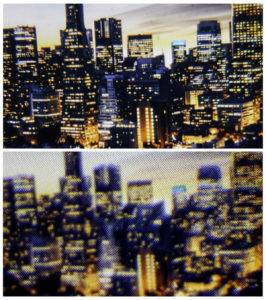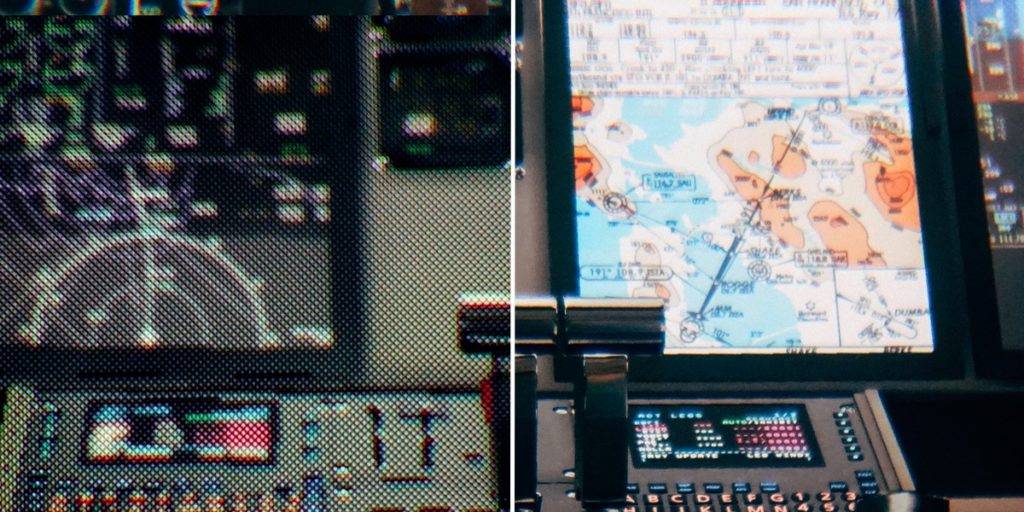It takes a lot of effort to create a solid virtual reality (VR), augmented reality (AR), or mixed reality (MR) experience. The hardware, including the headset and system hosting the experiences, have to be capable of delivering a natural, smooth experience.
See also: Ultrahaptics finds deep pockets for its AR/VR tech
The Varjo team, which has been operating in stealth mode until now, believes that its 20|20 display will change the game in this emerging space.
This new generation of headsets is taking off in a big way. Brands like Sony, HTC, Microsoft, and Oculus are putting a lot of effort into creating immersive virtual/augmented/mixed reality experiences. While these products are certainly a giant leap forward from the “VR” headsets of yesteryear, the visual experience provided by these products isn’t quite good enough to trick the eye.
Beats current VR/AR resolutions
Products such as the Oculus Rift and HTC Vive are offering users a 1.2 megapixel (per eye) VR experience with an up to 110-degree field of view. For over a year, this has been the cutting edge of VR/AR headset displays. Even the PlayStation VR, a headset designed specifically for gaming, is limited to a 1080p resolution.
Meta II, a headset currently available for preorders at $949 USD, has an exceptional 2.5k resolution of 2550×1440.
In the augmented reality space, we have options like Microsoft’s Hololens, which has a significantly lower field of view (around 32 degrees). The effective resolution for the Hololens is around 1 megapixel.
“Varjo’s patented display innovation pushes VR technology 10 years ahead of the current state-of-the-art, where people can experience unprecedented resolution of VR and AR content limited only by the perception of the human eye itself,” said Urho Konttori, CEO and founder of Varjo Technologies. “This technology, along with Varjo VST, jump-starts the immersive computing age overnight – VR is no longer a curiosity, but now can be a professional tool for all industries.”
Varjo’s solution up close

This is huge leap in effective resolution is made possible by some technological magic that takes advantage of the way the human eye perceives visual input. By creating a super-high resolution image to the user’s gaze direction, it’s able to increase the effective resolution of the display.
This isn’t just for virtual reality, either. Video-see-through (VST) technology enables the display to be used in AR/MR, as well.
The technology behind Varjo’s prototype was developed by a team of optical scientists, creatives and developers who formerly occupied top positions at Microsoft, Nokia, Intel, Nvidia and Rovio.
Varjo’s new technology will be shipping in Varjo-branded products specifically for professional users and applications starting in late Q4, 2017.

















